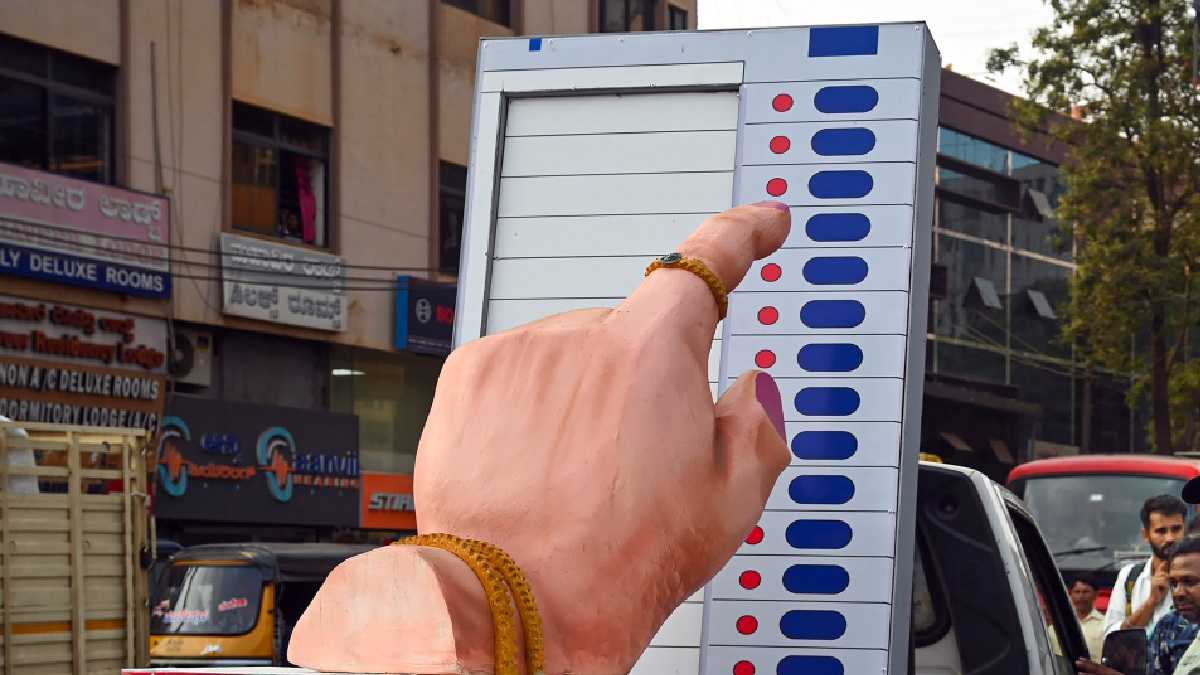US pressing Pakistan on counter-terrorism
WASHINGTON, Feb 21 (Reuters) Five years after Pakistan was revived as a key US ally after the Sep 11 attacks, the new Democratic-led Congress is pressuring Islamabad and the Bush administration to do more to combat militant groups and stabilize the South Asian country.
The US House of Representatives recently adopted a bill requiring President George W Bush to certify Pakistan is making ''all possible efforts'' to prevent the Taliban from operating in areas under its sovereign control as a condition of continued US military aid.
The US Senate is now mulling its response and may take a different approach, perhaps by increasing aid and urging that Pakistan move away from military rule, as well as crack down on al Qaeda along the Afghan-Pakistan border, Senate aides said.
The two chambers' versions would have to be reconciled before becoming law.
The House vote was ''definitely a shot across the bow both for the (President Pervez) Musharraf government and the Bush administration to get serious about preventing Pakistan from being a safe haven for terrorists,'' said Bruce Riedel, a former CIA South Asia analyst now with the Brookings Institution.
Experts say the Taliban has a virtual mini-state in northern Pakistan, using a recent peace deal with Islamabad to expand suicide bomber training and fortifying its alliance with al Qaeda.
''It's clearly unacceptable the amount of difficulty being created for our troops and for NATO in Afghanistan by the lack of Pakistani resolve with the Taliban,'' Republican Sen. Richard Lugar of Indiana told a Senate hearing.
Concerned by US attitudes, Pakistani Senator Mushahid Hussain visited Washington last month and faulted the United States for moving into Iraq before stabilizing Afghanistan.
PAKISTAN A 'SCAPEGOAT?' ''Unfortunately, when things go wrong what do you do? ... You blame others. We feel Pakistan is being used as a convenient scapegoat,'' he told Reuters in an interview.
US sanctions imposed on Islamabad's nuclear program in the 1990s had caused Pakistan to doubt America's reliability as an ally so the House vote to restrict military aid has rekindled bad memories.
The administration opposes the House provision, even though Bush could waive the aid ban for national security reasons.
The White House proposed a weaker alternative mandating a report to Congress on Islamabad's counter-terrorism efforts.
''There is support on both sides of the aisle and in both chambers (of Congress) for legislation casting a spotlight, at a minimum, on the problematic nature of Pakistan's tolerance for the Taliban's presence,'' a Senate Democratic aide said.
Some also want to address other bilateral ''irritants'' like Pakistan's lack of democratic government, he said.
Under Musharraf, Pakistan became a key ally in Washington's ''War on Terror'' after the September 11 attacks by withdrawing its support for the Taliban government, sharing intelligence with US officials and rounding up suspected Islamic militants.
Lawmakers and their aides are now concerned that US policy toward Pakistan is not working but many also doubt the House bill, which seeks forced compliance with US goals, would achieve better results.
Pakistan receives about 850 million dollars annually in US economic, military and counternarcotics aid and about 0 million of that could be affected by the House bill, congressional experts say.
But Alan Kronstadt, South Asia expert with the Library of Congress' Congressional Research Service, said Pakistan receives far more assistance -- 4.75 billion dollars in 2001-2006 -- from the Pentagon as reimbursement for supporting US-led counterterrorism operations. These funds may not be affected by the House legislation, experts said.
REUTERS
AB
RN2307


 Click it and Unblock the Notifications
Click it and Unblock the Notifications




